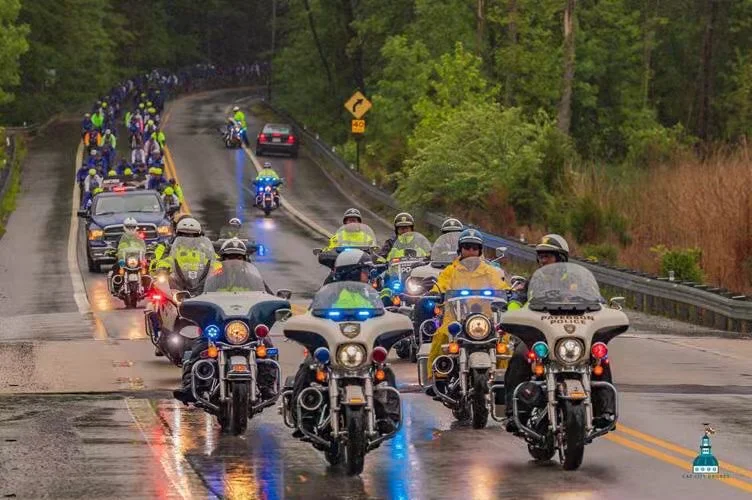Operation Rebound - The Glory of Life Through a Young Heart
/Operation Rebound
The Glory of Life Through a Young Heart
By Michael D. Boll
Recently, the Township of Union lost a beloved high school JROTC cadet, Anthony Steitz. Anthony was an inspiration to so many and he volunteered countless hours helping our veterans and their families live a better way of life.
This young man was a role model to the entire school and community. Because of this, I felt obligated to share his story with as many people as possible. I felt it was necessary to have Anthony’s pastor and mentor, Andy Imbimbo, write about him, and here are his heartfelt remarks.
Anthony Steitz was far from your average teenager. I had the honor and pleasure of being Anthony’s youth pastor for five years, and I can confidently say that there was no other teen like him. Anthony was at the church with me about 4-5 days a week. He would be the first one there to help me set up and the last one to leave after cleanup. Anthony wasn’t just involved in our youth ministry, because he was a leader in training with the goal of one day stepping into full-time ministry as a youth pastor.
Anthony had a drive to be the best at whatever he pursued. He kept a notebook filled with ideas on how to improve the JROTC program with the goal of becoming the battalion commander next year. Anthony would do the same with the youth group by helping me to come up with ideas, prepare lessons, invite his friends and improve our weekly meetings. I would frequently get texts or calls from Anthony asking me how to help a friend who was going through a rough time. Anthony would always make himself available to people in need, because that’s how he lived his life.
When Anthony passed away, I had the pleasure of meeting his mentors from JROTC, Col. Walter Alvarado and 1st Sgt. Gerald Schemal. We talked about how Anthony’s passion and drive motivated us to become more dedicated, more committed and to never settle for just the average. For example, about a month ago my alarm went off at 7 a.m. for me to get up and go to the gym. I hit the snooze button and rolled over, until I thought, “Anthony has been awake and training for the past three hours before he has to sit in school all day. I have no excuse! Time to get up!”
Anthony used to come to the church to play ping-pong against me after school. Not only would I beat him, but I would flaunt it in his face and gloat. This lasted for about two months. I hate to admit this, but two days before Anthony died, he beat me while playing left-handed. That’s how Anthony lived his life. He never settled for average, but he lived with purpose and with passion.
He didn’t just believe in Jesus, he lived his life for Jesus and made an impact on countless young people. He didn’t just participate in JROTC, he helped transform that program and motivate others to pursue greatness and success. JROTC and the youth group will never be the same without Anthony, but it will also never be the same BECAUSE of Anthony. He taught us what it means to have a drive, commitment and a passion. He taught us that no matter what obstacles come our way, you must find a way to overcome, and help people who are struggling. We are forever thankful for Anthony. His life was short, but his impact was insurmountable.





























































